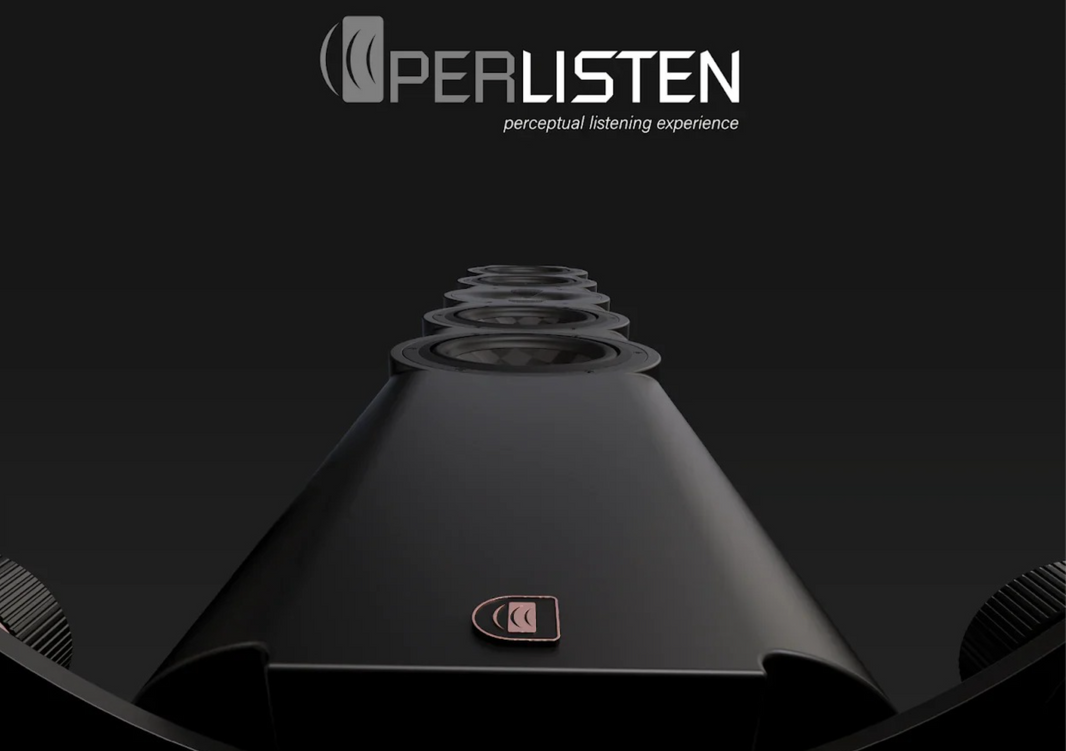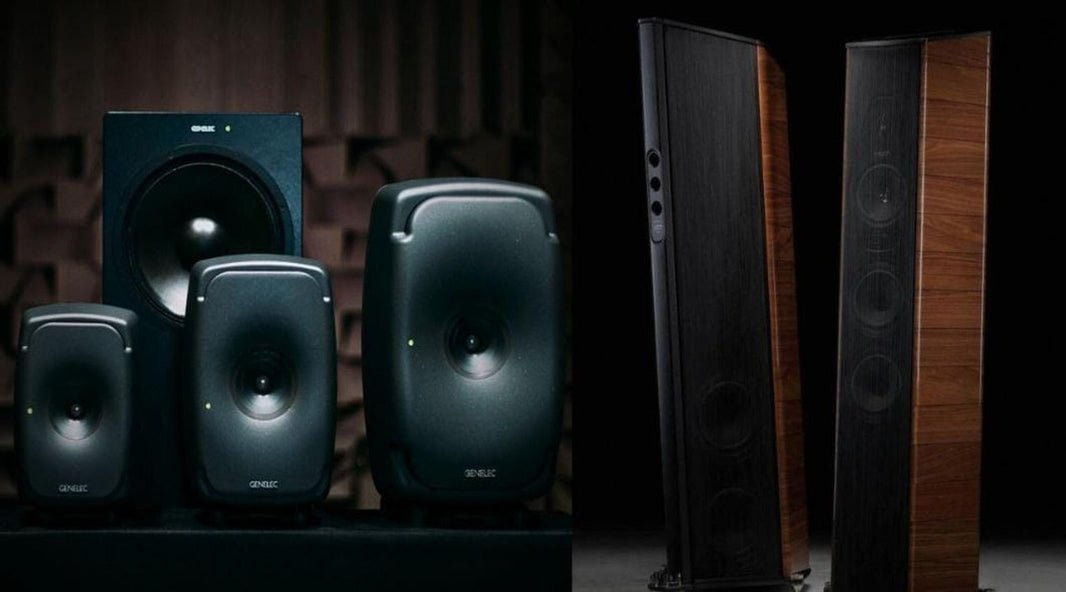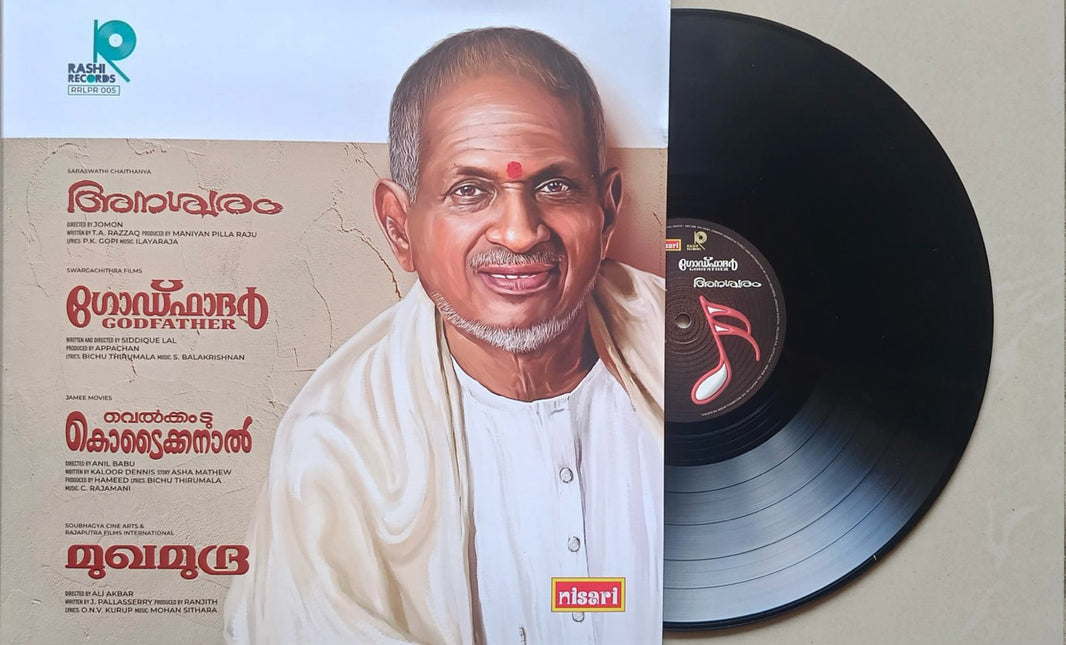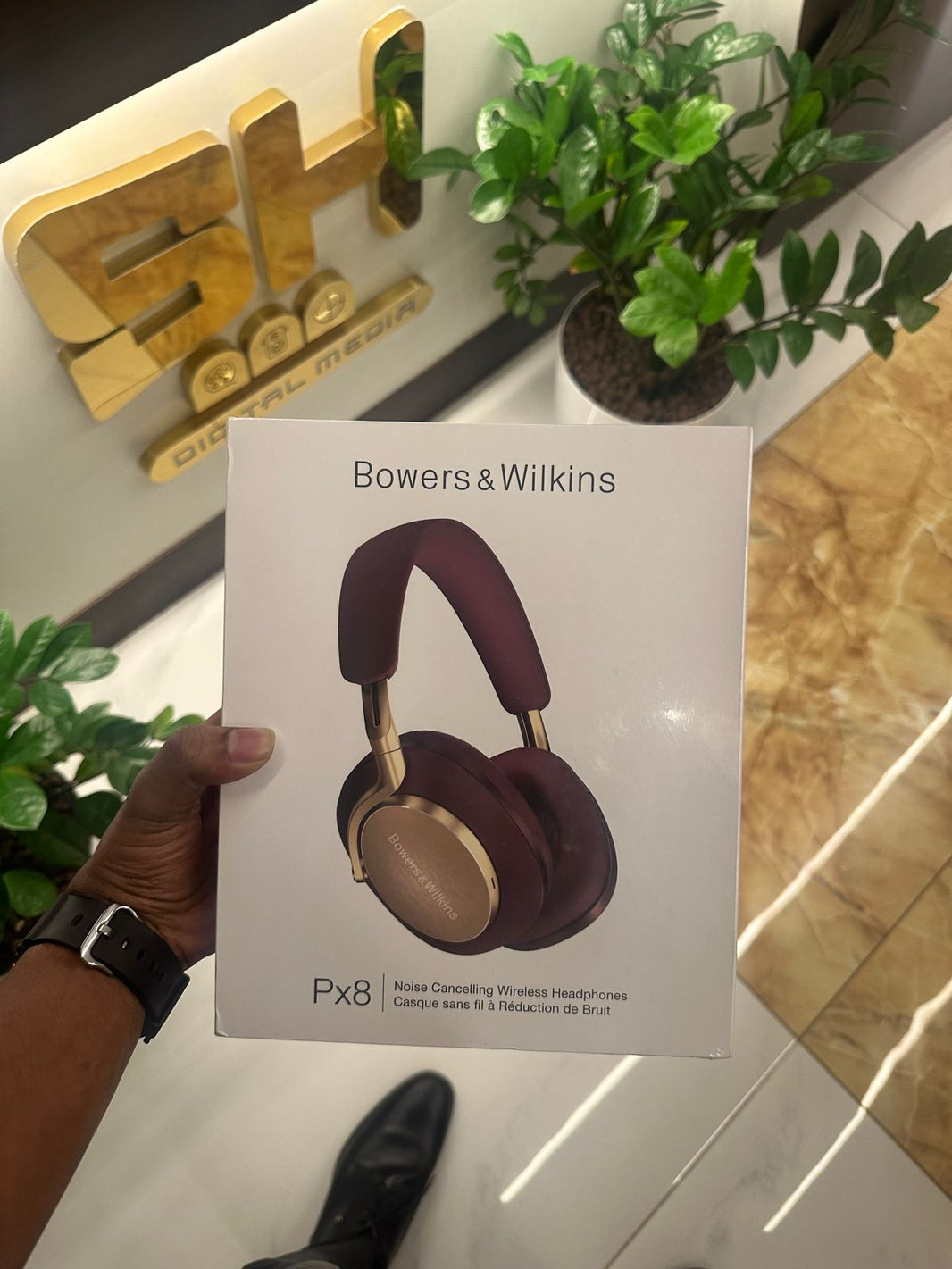The Ongoing Debate
When it comes to experiencing music, one of the oldest and most personal debates in the audio world continues to stir passion; Analog Vs Digital audio. And for us, we see this debate not as a competition, but as an invitation to explore what truly resonates with you. Because sound isn't just heard it's felt. It's memory, emotion, ritual, and experience.
"If you ask me, music is an experience, not just a file or a groove on vinyl. The question isn’t only about analog or digital it’s about the kind of experience you’re seeking."
The Beauty of Analog Audio
Analog audio, in its essence, is like a warm embrace organic, nostalgic, and deeply immersive. It works through the continuous capture of sound waves as electrical signals, stored physically on mediums like vinyl records and magnetic tapes. What makes analog audio so revered is its rich, warm, and natural tonal quality. For many audiophiles and music lovers, it feels more alive. The experience of handling a record, placing it on a turntable, and watching it spin is a ritual that connects listeners to their music in a tactile, almost sacred way.
"Analog audio is like a warm embrace natural, organic, and deeply nostalgic. It’s the format that carries the heart of vinyl records and vintage tapes, celebrated by audiophiles for its rich tones and depth."
"Many of you might ask me ‘Does analog really sound better?’ The answer is, it depends. If you love depth, warmth, and the ritual of music, analog might feel like home."
However, analog audio is not without its flaws. These formats are susceptible to interference, distortion, and degradation over time. Vinyl records can scratch, tape can wear out, and analog gear demands both space and maintenance. Editing is also labor-intensive; fixing a small mistake might mean re-recording an entire section or physically splicing magnetic tape. Analog recording also requires a higher level of musicianship, as performers must deliver nearly flawless takes without relying on post-production corrections.
The journey of analog recording spans back to the 19th century with the invention of the phonograph, evolving through magnetic tape recording in the 1920s and reaching its golden age in the mid-20th century. Legendary artists like The Beatles and Pink Floyd recorded their masterpieces on analog tape, contributing to the sonic identity of entire generations. Even today, analog is admired not just for its sound, but for the skill, discipline, and craftsmanship it demands offering an artistic process that is both raw and refined.
The Clarity and Convenience of Digital Audio
In contrast, digital audio represents the modern frontier clear, precise, and endlessly convenient. It converts analog sound waves into binary code, enabling recording, editing, and playback with incredible accuracy. Digital audio thrives in a world driven by data, offering flawless replication, fast processing, and minimal signal degradation. Formats like WAV, FLAC, and MP3 have revolutionised how we store and stream music, and digital audio workstations (DAWs) like Pro Tools or Logic Pro have become the heartbeat of most contemporary music production studios.
Digital audio excels in areas where analog struggles. Convenience, consistency, and cost-effectiveness. With a digital setup, recordings can be edited with surgical precision, mistakes can be corrected instantly, and storage is virtually unlimited. Musicians no longer need massive recording studios to create professional-quality music. From home studios to mobile setups, digital democratizes access to audio creation and distribution.
"Digital audio, on the other hand, is the child of modern technology with clear, precise, and incredibly convenient. When I speak to music lovers, I often say Digital is like a mirror.It shows you everything clearly. But sometimes, too much clarity can take away the charm."
Yet, some listeners argue that digital audio lacks emotional depth that it can sound sterile or too perfect. Especially when music is compressed into lossy formats, nuances may be lost, resulting in audio that feels clinical.
"Still, the technology continues to evolve. High-resolution digital formats like FLAC and ALAC now offer near-lossless playback, while digital plugins and processors can emulate the warmth and saturation of analog gear with remarkable accuracy."
The rise of digital tape systems in the late 20th century, followed by the explosive growth of hard drive recording in the 1990s, marked a turning point in the music industry, allowing studios to scale with minimal compromise.
Why This Debate Still Matters
Here we understand both sides of the story. We don’t believe in choosing one over the other we believe in integrating both to create a truly immersive audio experience. Whether you're designing a personal Hi-Fi lounge or a multi-room sound system, we combine the magic of analog with the precision of digital, offering the best of both worlds. Today’s high-end setups often use digital for processing and storage, while incorporating analog components in the playback chain to preserve that vintage warmth.
"We tell you this not just as an audio experts, but as fellow music lovers. Because the right choice for you depends on your taste, lifestyle, and how you wish to connect with music."
The Only Right Answer
The Analog Vs Digital discussion ultimately comes down to what you value as a listener. Do you long for the soulful saturation of analog recordings?! The sense of craft and ritual in the process? Or do you lean toward the clean lines and endless possibilities of digital production? For some, music is about emotional connection capturing a feeling that only analog seems to express. For others, it’s about control, clarity, and the ability to refine every detail.
There is no wrong answer, only personal preference. We have seen many clients fall in love with the authenticity of a vinyl collection. While others marvel at the spatial clarity of Dolby Atmos in a digitally calibrated sound room.
"And in truth, many of us now blend the two recording digitally for flexibility, then mastering or playing back through analog gear for soul which means it makes the music feel real."
Final Takeaway
At SH Digital Media, we’re not just building systems we are building experiences. Whether your heart beats to the gentle crackle of a record or the crystalline echo of high-resolution streaming, we are here to bring that experience to life. Because for us, music isn’t just audio it’s memory, story, and emotion.
"I always tell my clients Music doesn’t need sides. What matters is the joy it brings you. And that’s exactly what we focus on bringing you that joy, in whatever format you love most. So the next time, when you play your favorite track ask yourself do I want the warmth of a vintage embrace, or the precision of a crystal-clear reflection? Either way, the music is yours to enjoy.”









